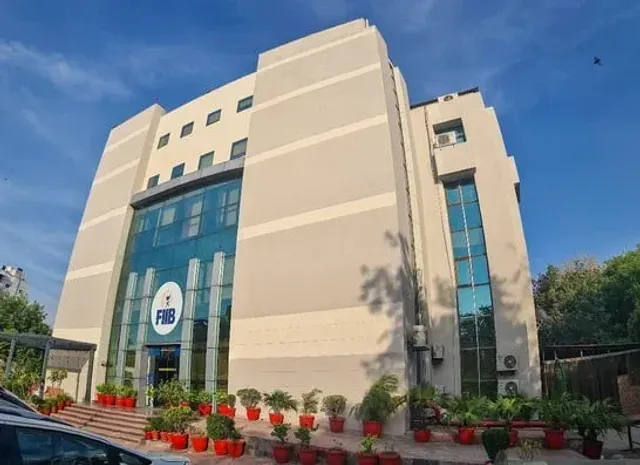- Starting in 2024-25, Indian universities will offer biannual admissions, allowing for two intake cycles per year under UGC’s new policy; aligning with global practices and offering more flexibility for students
In a major policy shift, the University Grants Commission (UGC) has announced that from the 2024-25 academic year, universities and colleges in India will offer admissions twice a year. This change aims to align Indian higher education with international standards, enhancing the Gross Enrollment Ratio (GER) and making India a more attractive destination for overseas students.
Currently, admissions are held once a year, but the new policy will add a cycle in January/February alongside the traditional July/August intake.
BW Education highlights student, Faculty and Institutional Views
Dr Kumar Gaurav
Dr Kumar Gaurav, Head of the Department of Economics at SNS College, Magadh University, views the UGC’s decision as student-centric. He highlights that students who miss the regular July session can now join in January, reducing the waiting period. However, he emphasises the need for adequate infrastructure and faculty to support this change. He believes this transformative policy will make Indian education more adaptable and inclusive, aligning it with global standards.
Niddha Razdan
A recent graduate of Amity International School, Ghaziabad. Niddha Razdan believes that the opportunity to start university in either January/February or July/August is advantageous. She feels it will benefit her by giving her ample time to prepare for college, making it an ideal time to begin a new chapter in her life. She also thinks that biannual admissions will allow students to align their college entry with their readiness for entrance exams, offering a second chance to those who need it.
Mahima Pathak
Mahima Pathak, an MBA student at G D Goenka University, views the availability of two admission periods as a way to ease competition for spots and reduce pressure. She appreciates the flexibility in managing internships, part-time jobs and extracurricular activities. However, she acknowledges that it might extend the academic year and complicate commitments, creating uncertainty around start and end times which could be challenging for both students and administrators.
Dr Subhajyoti Ray
Dr Subhajyoti Ray, Director of Jaipuria Institute of Management, Noida, acknowledges that while the biannual admissions policy is not mandatory, it may strain physical and human resources. However, institutions not operating at full capacity could benefit immediately. With strategic planning, even fully utilised universities could adapt. Overall, he believes the policy is beneficial in the long run, creating a win-win situation for students and institutions by enhancing flexibility and resource utilisation.
Ram Kumar Kakani
Ram Kumar Kakani, Director of IIM Raipur, praises the UGC’s move as positive and much needed. He notes that existing administrative processes, which are geared towards a single annual admission period, will need to be overhauled. Colleges must adapt and embrace these changes, becoming more flexible and welcoming. He commends the UGC for this progressive step, which he believes will bring about significant improvements in the higher education landscape.
Dr Sanjeev Bansal
Dr Sanjeev Bansal, Additional Pro Vice Chancellor of Amity University Uttar Pradesh, sees the biannual admission policy as a landmark shift. It will help in international collaborations and offer students a second chance if they miss the summer session, saving valuable time. While it will increase faculty workloads, it also offers greater flexibility and reduces student pressure. With adequate planning, this policy can create a more dynamic and responsive education system.
Shashank Shekhar Singh
Shashank Shekhar Singh, Faculty at DOE, Govt of NCT, Delhi, observes that the biannual admissions practice is common globally but new to India outside of distance education. He notes that it helps students who miss the first admission cycle due to delayed exam results, reducing the wait time to six months. This policy not only saves students’ time but also allows placement companies to hire more frequently, benefiting the overall employment landscape.
Anil Somani
Anil Somani, Chairman of FOSTIIMA Business School, Delhi, believes the UGC’s decision aims to maximise student enrollment and reduce the wait time for admissions. This is especially beneficial for students who miss the initial cycle, as it prevents delays in their educational journey. Institutions must adapt by expanding infrastructure and adjusting the placement process. This approach makes higher education more accessible, increasing the Gross Enrollment Ratio (GER) and accommodating a larger, more diverse student population.



